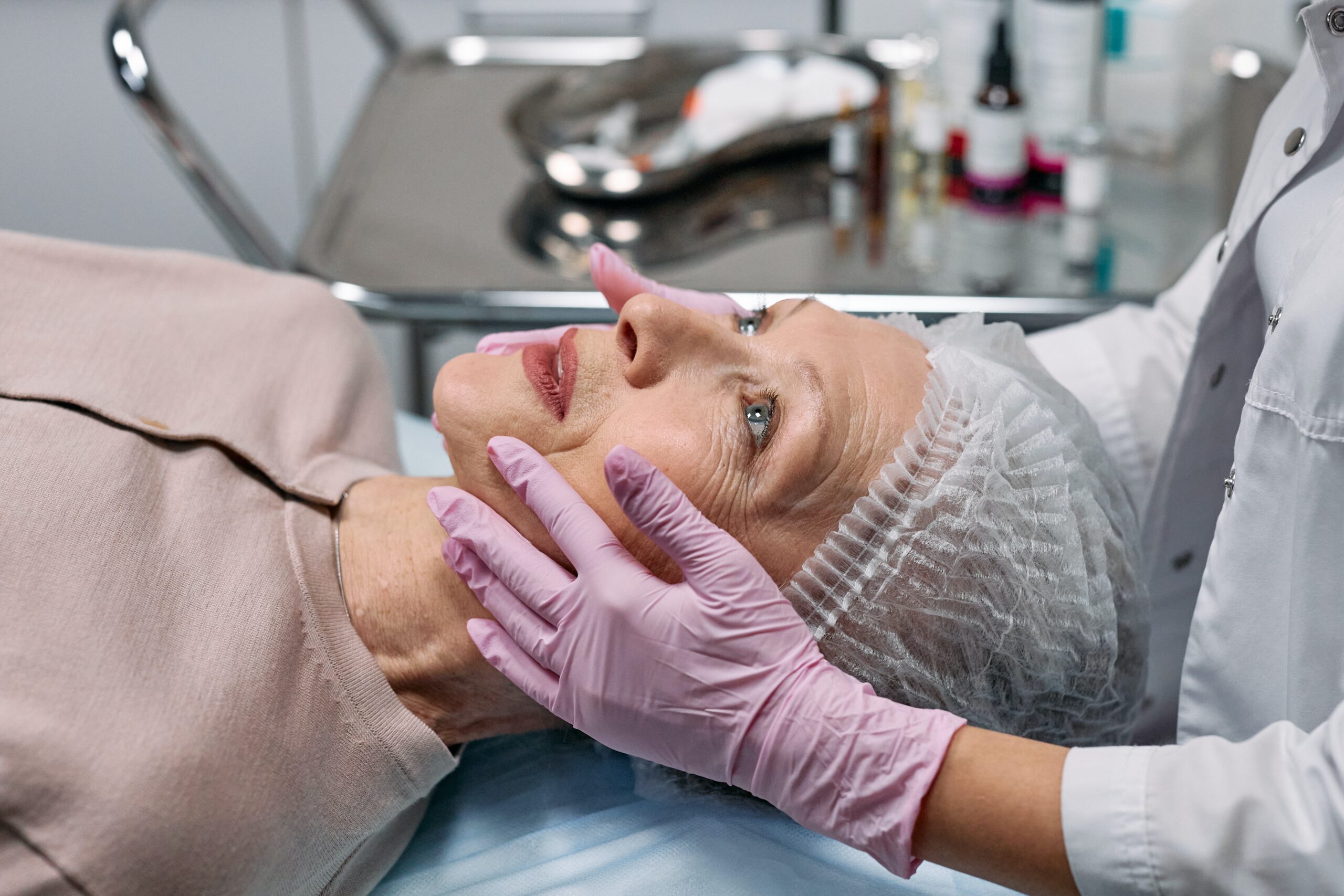Cosmetic surgery is a branch of plastic surgery. This type of surgery makes it possible to modify or improve a visible part of the body that the patient considers unsightly.
When to use it and what do you need to know before the operation? Focus on cosmetic surgery, the operation program and the role of the surgeon.
Cosmetic surgery, what is it?
Cosmetic surgery is the branch of plastic surgery that aims to improve or modify a visible healthy part of the body that the patient considers unsightly.
Note that on the contrary, plastic surgery is the surgical specialty which is concerned with the repair or remodeling of a damaged part of the human body, following an accident, illness or because of a congenital malformation.
When to consult a cosmetic surgeon?
The plastic surgery specialist is called upon for many reasons. We quote:
- breast augmentation;
- breast reduction;
- liposuction;
- a lifting of the face or part of the eyelids;
- rhinoplasty;
- or a reattachment of the ears.
- the placement of implants in the buttocks, calves, or pectorals;
The surgeon can also intervene for aesthetic medicine (non-surgical), and in particular:
- a botox or collagen injection;
- or laser hair removal.
When does the plastic surgeon intervene?
The plastic surgery specialist intervenes at different stages.
Before the operation
Before the operation, the surgeon:
- questions his patient to find out his motivations and judge his psychological stability;
- carry out a clinical examination of the part considered to be unsightly, take photographs and may take x-rays of this area;
- clearly explains the risks and possible consequences of the operation.
A time of reflection is necessary between the consultation and the surgical intervention.
During the operation
The patient first goes through the anesthesia part. The surgeon can then perform the operation.
After the operation
After the operation, the surgeon sees the patient again for follow-up.
Results are usually seen within a few days. Some operations sometimes require touch-ups to improve the result.
Risks during cosmetic surgery
Cosmetic surgery, like all surgeries, can present risks during the intervention (and in particular anesthetic risks, haemorrhages, infections, etc.) and complications following the operation.
The surgeon will explain to the patient the modalities, the difficulties and the risks of the surgical intervention that he will practice.
How to become a cosmetic surgeon?
The training of plastic surgeon in France
To become a specialist in cosmetic surgery, you must obtain a diploma of complementary specialized studies (DESC) in reconstructive and aesthetic plastic surgery. This is a so-called type II DESC, which lasts 3 years.
To obtain this diploma, you must first hold a DES (diploma of specialized studies) in general surgery, namely the diploma that the student obtains at the end of the general surgery internship which lasts 5 years. :
- after completing 6 years of medical studies;
- and after having passed the national classifying tests at the end of the 6th year, which allow access to boarding school.
Finally, to be able to exercise and bear the title of doctor, the student must also submit a research thesis.
With a type II DESC, the young doctor is entitled to the qualification of specialist corresponding to the title of the diploma. His new specialty replaces that of his DES.
Plastic surgeon training in Quebec
After college studies, the student must:
- follow a cycle doctorate in medicine, lasting 4 or 5 years (with or without a preparatory year for medicine for students admitted with a college or university education deemed insufficient in fundamental biological sciences);
- then specialize by following a residency in plastic surgery for 5 years (including 2 years of surgical foundations).
Prepare for your visit to a plastic surgeon
Before seeing a plastic surgery specialist, it is important to bring recent prescriptions, any x-rays, scans or even MRIs performed.
To find a cosmetic surgery specialist:
- in Quebec, you can consult the website of the association of specialists in plastic and aesthetic surgery of Quebec;
- in France, via the website of the National Council of the Order of Physicians.
No cosmetic surgery operation, no service performed solely for aesthetic reasons are covered by Health Insurance (France) or the Régie de l’assurance maladie du Québec.
Anecdote
Aesthetic tourism is a fashionable holiday mode and tour operators have understood this well. Admittedly, the operation is often cheaper abroad. However, there are real risks: in particular, remote post-operative follow-up and a lack of recourse in the event of a complication.

